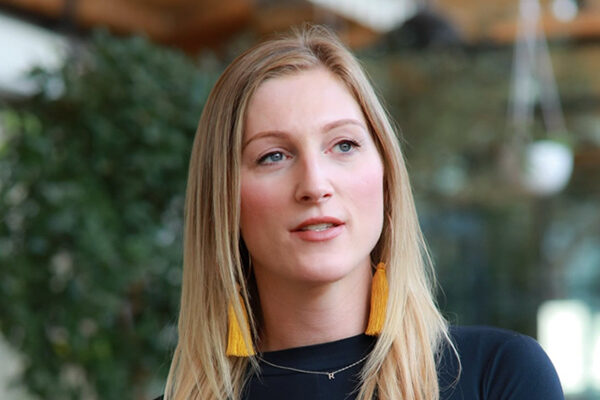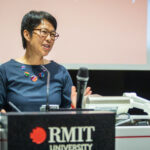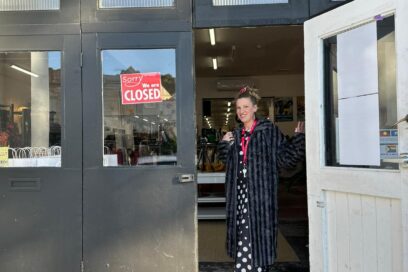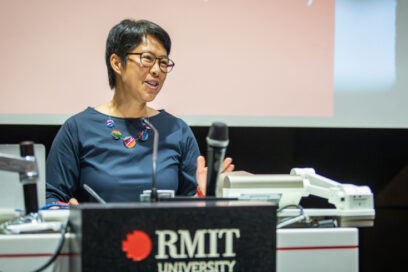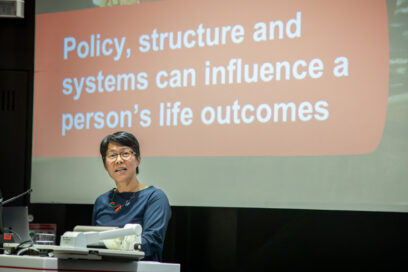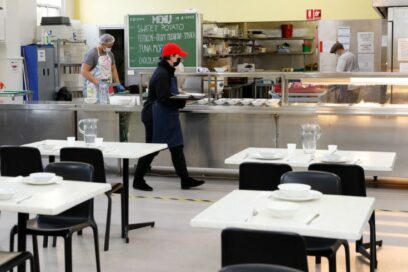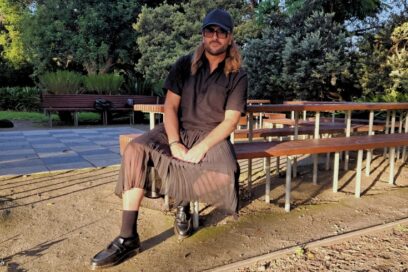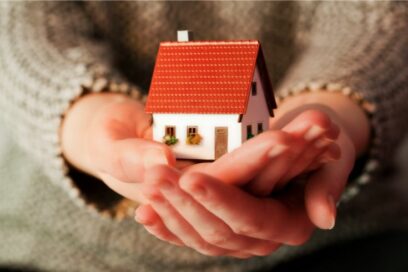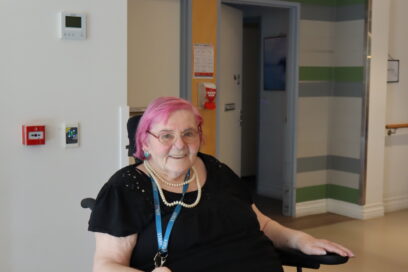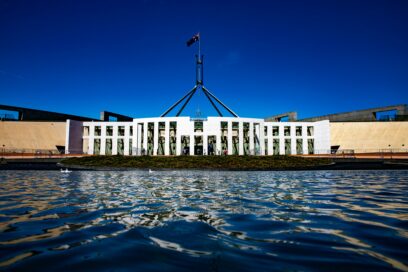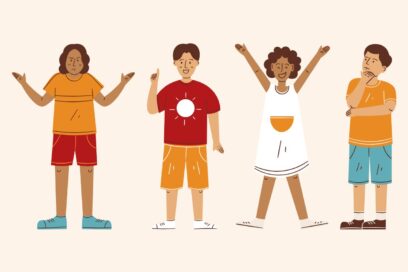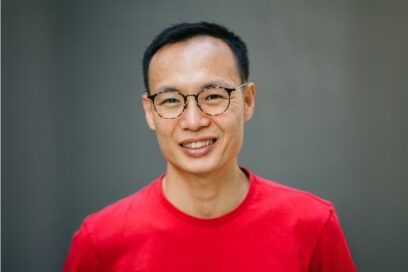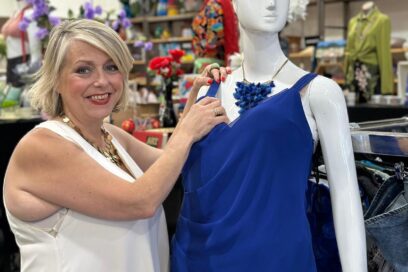Rebeckah Loveday chronicles her personal journey as a woman of transgender experience and claiming her identity, while empathising with the challenges faced in the transgender community, in their path to acceptance.
When I first started working at Sacred Heart Mission, I was unsure of how to go about being open about my gender identity within a faith-based organisation.
I identify as a woman of transgender experience and over the last five years I have become more open about who I am publicly, both in and out of the workplace.
I didn’t want to hide who I am when I began working at the Mission, but I was also cautious of how and when I would speak my truth, within my new professional setting.
Discrimination can push transgender people into homelessness
The reason for this is because transgender people face high amounts of stigma and discrimination, which leads to poor mental health outcomes, unemployment and homelessness.
Despite potentially facing these socially constructed barriers personally throughout my life, I also acknowledge my privileges as a white, able bodied, middle class, passing (being seen as a cisgender/biological woman) transgender woman.
Not all people from the transgender and gender diverse community are afforded the same privileges that I’ve been given.
Transgender people who intersect with race, culture, religion and disability are often faced with higher amounts of discrimination – especially transgender women of colour; they’re the most targeted and vulnerable members of our community, often relating to survival sex work.
Transgender people often face rejection from loved ones and struggle to find employment. As a result, it leads to a high percentage of transgender and gender diverse people experiencing homelessness and being forced to live on the streets, due to inaccessibility of services which cater strictly to people that identify with their assigned gender at birth.
Visit our Help page to find support services and groups for people identifying as LGBTIQA+.
An era of change for transgender people
Although transgender people still face significant barriers, we’ve seen the birth of the Transgender Revolution, over the past several years.
This means that more transgender people are coming out and sharing their truths, services are slowly becoming more accessible, support groups are available, family acceptance is growing, accessible bathrooms are becoming available and there is more opportunities for employment and housing.
Transgender Day of Visibility on March 31 is a time for transgender people to be open and proud about who they are, while also shedding light on the discrimination, stigma and lack of equality we face as a community.
So, when I decided I would be open about who I am as a proud woman of transgender experience working for Sacred Heart Mission, I was beyond pleased to know that I was supported by managers, colleagues and the broader organisation to just embrace being myself and speaking my truth.
I hope that by sharing my story this will give other people the courage to speak their truths and know that despite our differences we should all be proud of who we are.

